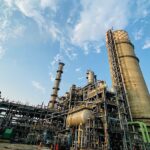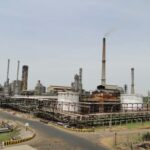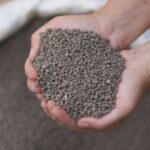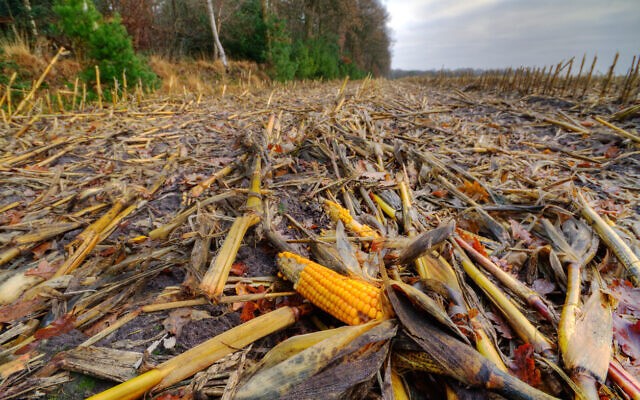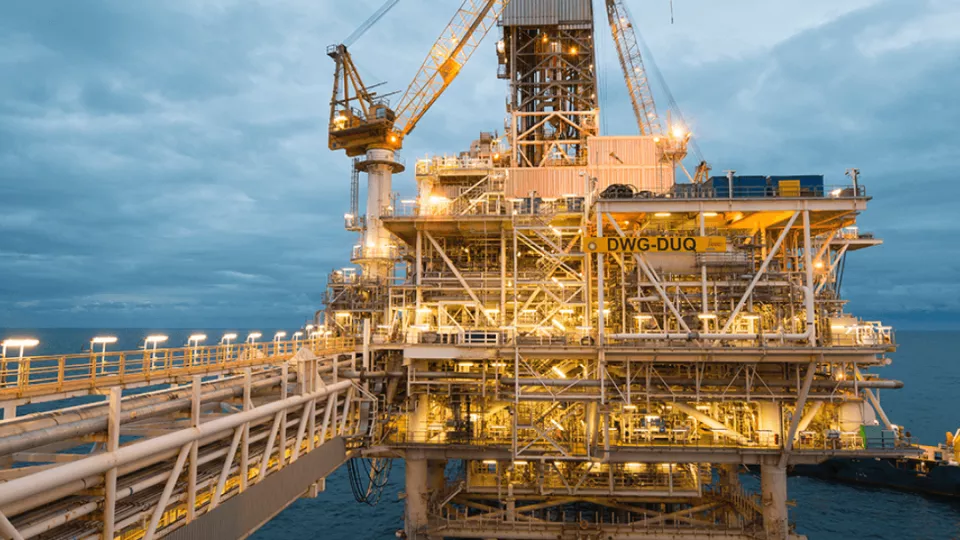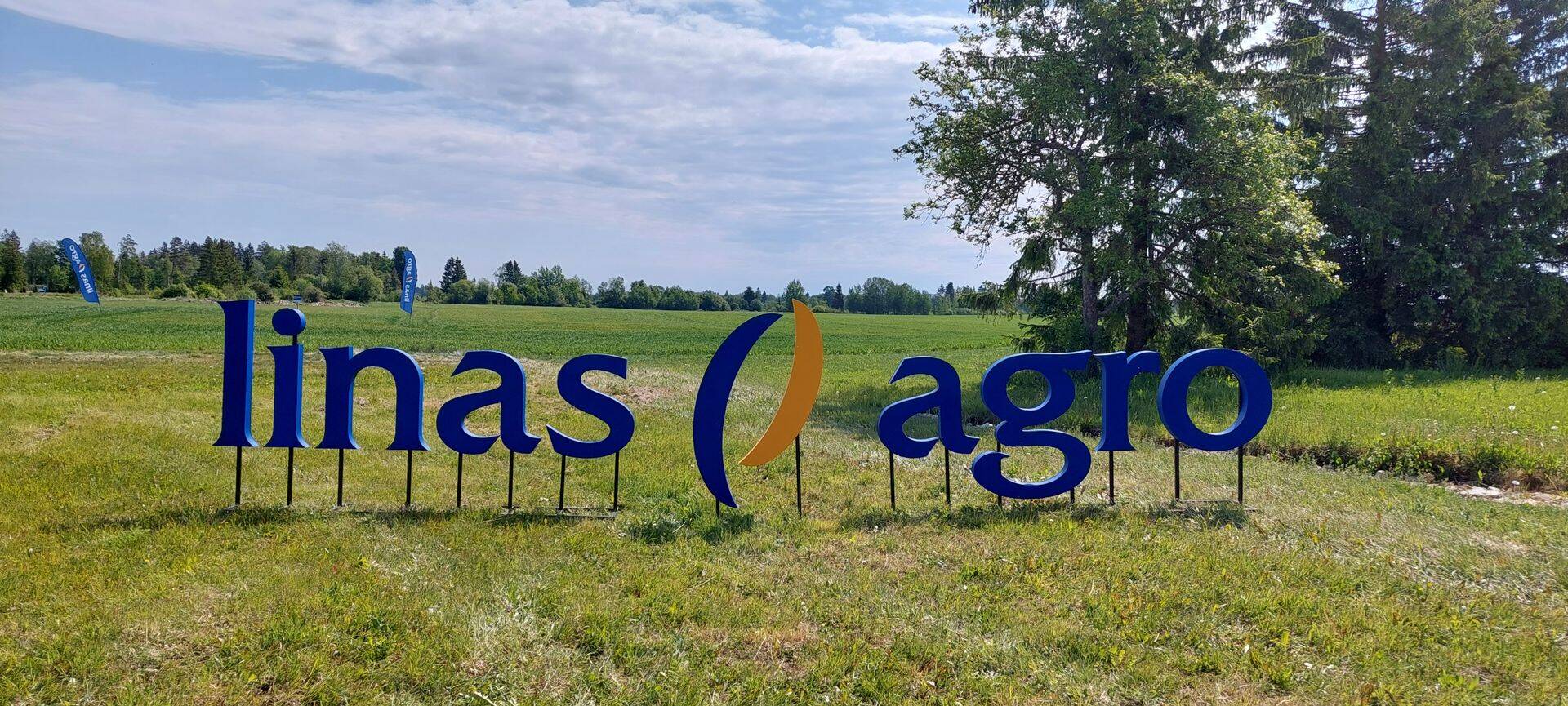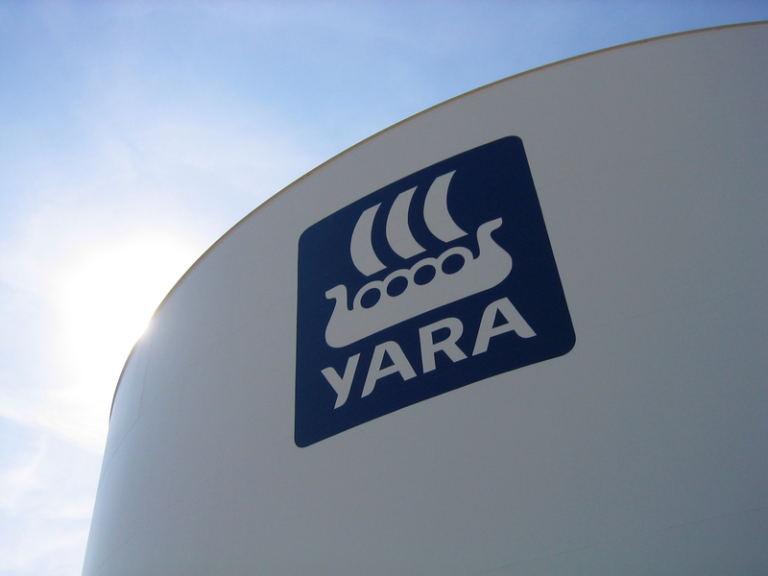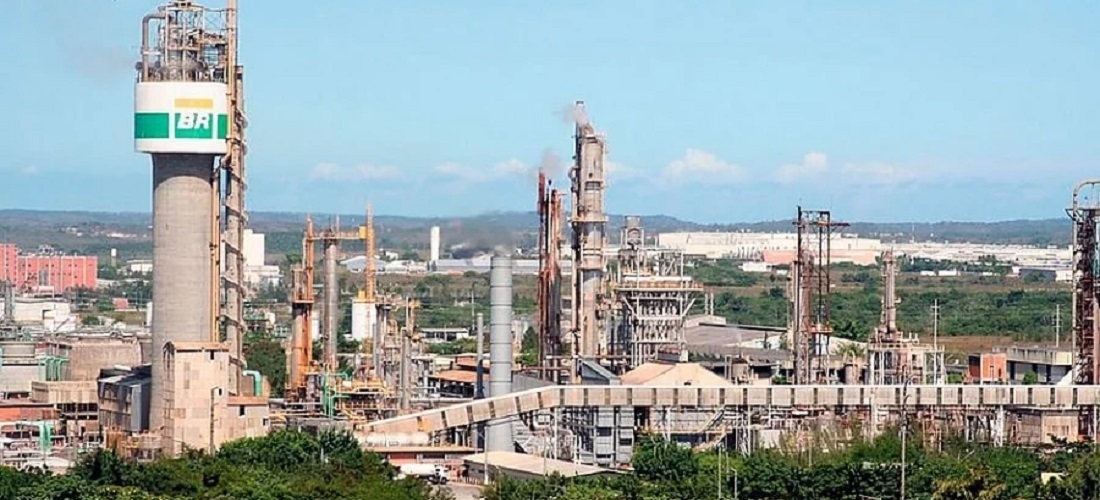Israel is taking a major step toward sustainable waste management by building its first anaerobic waste recycling facility near the Gaza border. Named Dia, this groundbreaking project aims to transform household and agricultural waste into biogas and fertilizer. The facility will use advanced microbial technology, processing up to 200,000 tons of organic waste each year without creating unpleasant odors.
Funding and Construction Timeline
The Israel Discount Bank has committed NIS 453 million ($125.3 million) to fund this ambitious project. Construction will begin in January 2024 and is expected to take two and a half years. This timeline reflects the urgent need for sustainable solutions to waste management.
Facility Highlights
The Dia facility will cover 150 dunams (37 acres) near the Dia landfill, situated between the kibbutz communities of Gvulot and Tzeelim in the Eshkol region. To break down organic waste, the plant will rely on sealed, oxygen-free containers filled with microbes. The process will yield two valuable byproducts:
- Biogas: Methane, which will supply the electricity grid.
- Fertilizer: High-quality products for agricultural use.
Ownership and Revenue
Dekel Infrastructures owns this project. Its stakeholders include the Generation Fund’s BlueGen Group (50%), Migdal, and the Yaakobi Brothers Group. Over its 25-year operation period, the facility is expected to generate NIS 2 billion ($550 million) in revenue. After this, the state will assume ownership of the facility.
Meanwhile, the Eshkol Regional Council will benefit significantly. It will receive income from rates paid by the plant, delivery fees, and additional revenues totaling NIS 140 million ($38.5 million) over 25 years. These funds will enhance services for local residents, ensuring community benefits from the project.
Environmental Benefits
This facility will address key environmental challenges:
- Methane Capture: By converting methane into biogas, the plant will reduce greenhouse gas emissions.
- Improved Air Quality: Modern filtration systems will prevent odors. Additionally, the facility will discourage farmers from burning waste, further improving air quality.
- Landfill Rehabilitation: The project includes plans to restore the nearby unregulated landfill while creating a new site for non-organic waste.
Future Plans
The Environmental Protection Ministry, which has invested NIS 173 million ($48 million) from its Cleanliness Fund, envisions more facilities like Dia being built nationwide. A visitor center will also be part of the project, offering educational opportunities about recycling and sustainability.
This innovative initiative positions Israel as a global leader in sustainable waste management. It not only addresses environmental issues but also creates economic and social benefits for the region.



